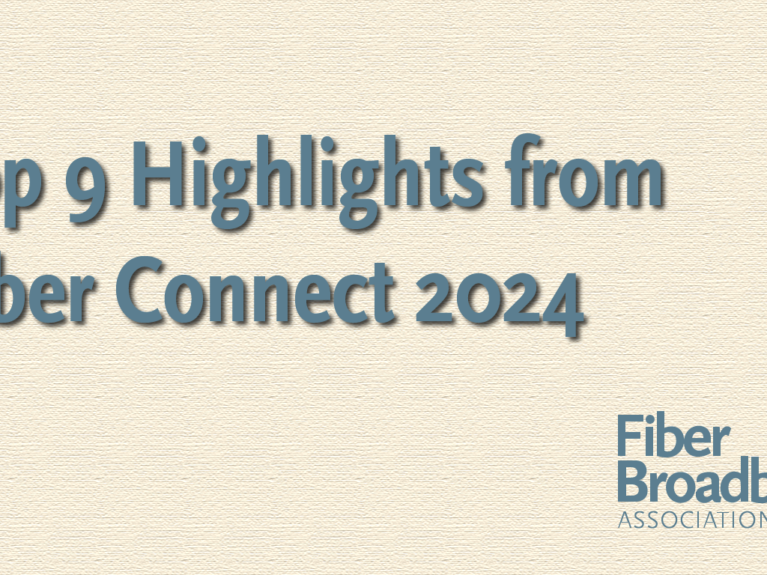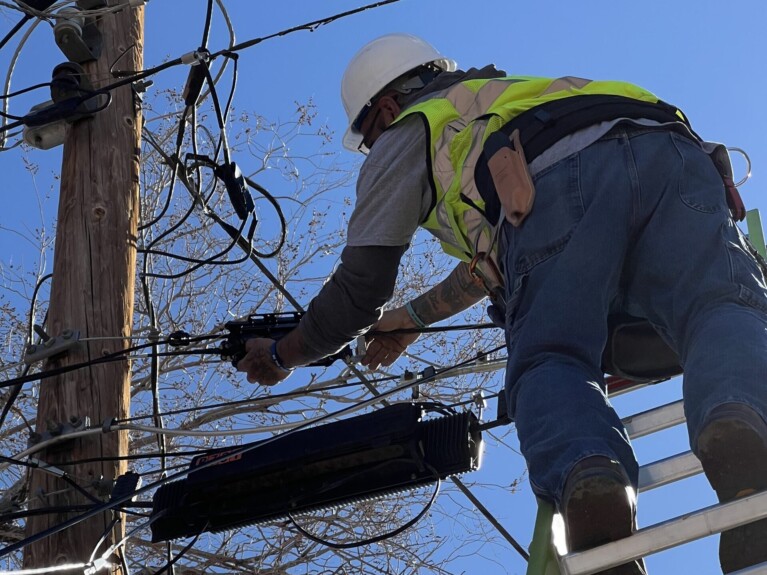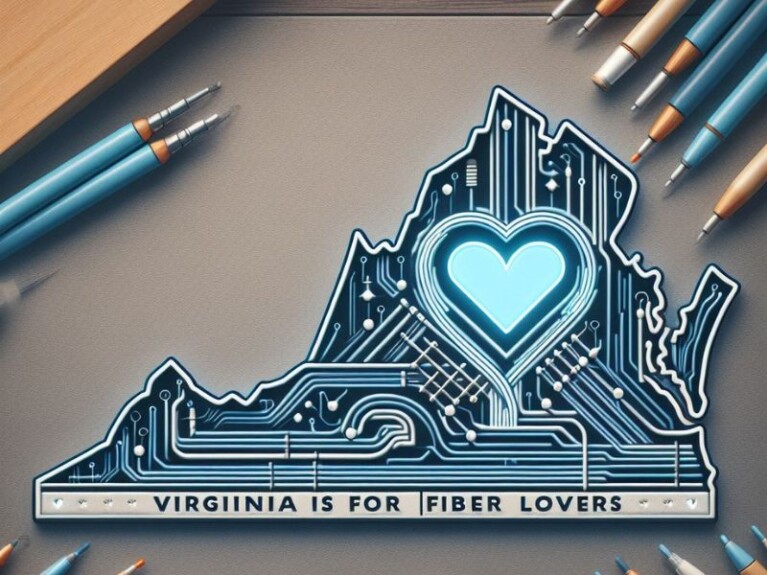Georgia’s Recent Broadband Decisions with Georgia Public Services Commission
For many government officials, they’re finding access to internet is something they can’t ignore. As the pandemic has highlighted the need for high-speed, reliable internet, communities around the country are enacting new policies that help pave the way for fiber broadband to rollout in homes across America.
Last month, Georgia’s Public Service Commission approved a policy for broadband expansion to unserved areas that requires electric membership cooperatives to charge a simple $1-per-year fee for entities to attach to utility service poles for a 6-year period. Commissioner Tim Echols recently joined the Fiber Broadband Association for Fiber for Breakfast, a live, weekly video series, to discuss the new policy and why connectivity is becoming more important than ever—and how fiber is paramount to this mission.
“A lot of folks here in Georgia, they don’t have internet at all,” he said. “They’re going to McDonalds to get their kid’s homework done. Fiber is a fantastic product and if you can get it deployed from the get-go, you can solve that problem for a very long time.”
The commission is tasked with setting utility rates, among other things, and began looking at this issue a few years back. Fee rates had been a point of contention between telecom companies and electric membership cooperatives for years. When they were looking at expanding areas of broadband coverage, they thought a great solution would be to remove some of the barriers to access and get providers to run networks on the poles.
The $1 fee would be set for six years. For those operating in areas currently served by broadband would be $27.71 per pole per year. According to the commission, this is an “at cost” fee that covers service and upkeep of the poles.
Echols said when the commission was considering which formula to use, they looked at what made most sense to Georgians and the electric membership cooperatives. They also wanted to make a rate that would adequately encourage network providers to expand in rural parts of the state.
“All of our formulas reflect what we thought was fairness and something that was commercially reasonable,” he said. “We wanted to make this work for everyone.”
While it’s too soon to tell whether this method will work, Echols said the commission is planning on documenting how many network providers break into rural areas using the $1 rate. In 2022, they hope to have a full report on whether there was an impact. He said they’re also using this as a chance to talk to other people—especially those making policy decisions—on ways to improve internet access.
He said many laypeople don’t understand the mechanics of how networks are built. Having groups like the Fiber Broadband Association and its members help educate members of the public—and those in government—who recognize the importance of connectivity but need guidance on how to act on it. He added that because many people don’t know the difference between the types of internet, educating them about the benefits of fiber is key.
“This is a problem you work on every day,” he said. “But there are many people in Georgia that don’t have a decent option for internet, and they’re thinking ‘How can we do this and how long is it going to take?’ You have to help people understand—the average consumer, the policy makers—you have to have them thinking about it. They have to say, ‘We have to do whatever we need to do to get everyone connected as fast as possible.’”
“Connectivity is the electricity of the 21st Century,” Echols said.
New initiatives like the $1 pole attachments show that policy change in small ways can hopefully have a major impact.
“Connectivity is the electricity of the 21st Century,” Echols said.



